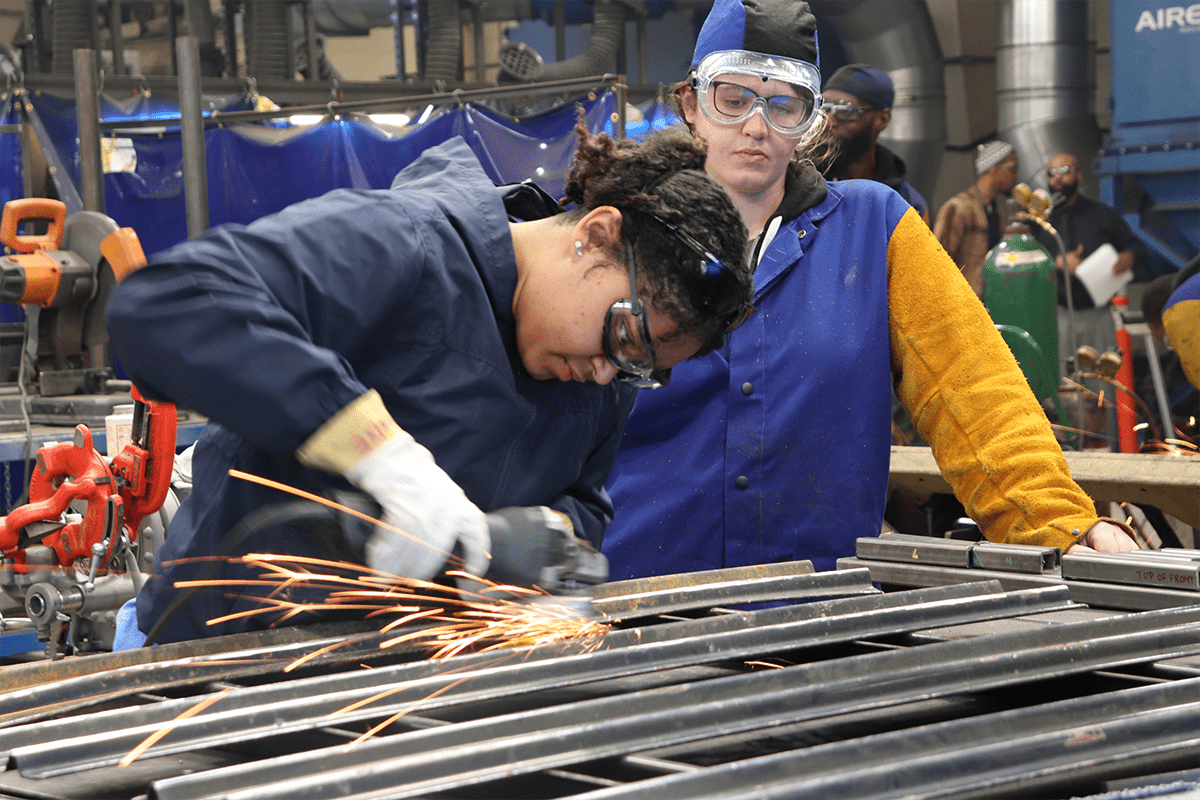Proposal bolsters career and technical education in grades 6-12

TALLAHASSEE, Fla. (FLV) – Sen. Travis Hutson, R-St. Augustine, filed a bill to bolster career and technical education in grades 6-12.
The bill expands the opportunities for student apprenticeships and links educational programs to specific industry and employment needs in a community.
“This legislation builds on these in-demand, widely successful programs, by creating regionally-targeted links between work-based learning and real jobs in high-demand fields.,” Hutson said in a press release. “There is a clear connection between engagement in CTE and graduation, as students who take several related CTE courses have a nearly 100 percent graduation rate.”
Senate President Kathleen Passidomo, R-Naples, noted that Florida began linking education to economic opportunities in 2013 with the Career and Professional Education Act. She also noted former Speaker Chris Sprowls and President Wilton Simpson’s leadership a decade later.
“The legislation Senator Hutson is filing today builds on this tremendous progress by creating additional partnerships between local schools and businesses, expanding opportunities for students to gain on-the-job experience in meaningful, high-paying fields needed in our growing communities,” Passidomo said.
The legislation allows school boards to hire non-degree teachers of career and technical education courses by removing the six-year experience and training requirements. A person who holds an industry certification in a subject matter area may serve as an adjunct teacher as an alternative to the requirement of passing a subject area exam.
The bill requires school boards to provide all high school students with the option to enroll in at least one work-based learning opportunity. That could include diversified education, preapprenticeships, and apprenticeships. Schools, local workforce boards, community or faith-based organizations, and trade associations, can sponsor student apprenticeships.
It also creates regional education consortia with representatives from local businesses and education institutions. The group would help link local educational programs to employment needs in a community. It also encourages businesses to help streamline the process for businesses to take advantage of workers’ compensation benefits for providing work-based learning opportunities to high school students.
The Florida Department of Education would also hold a workgroup to development secondary and postsecondary pathways to CTE education opportunities.
The bill also provides $100 million for the Workforce Development Capitalization Incentive Grant program for schools to expand career and technical education programs in grades 6-12.
It encourages school districts to promote CTE engagement in middle schools by removing caps on bonus funding for those students who earn industry certifications.
The State Board of Education would create levels for each certification based upon the anticipated average wages. The bonus funding is available for CTE dual enrollment courses that lead toward industry certifications and also when students complete a three-course sequential industry certifications in a program, according to the press release.
In order to graduate from high school, students are currently required to complete at least one credit in fine or performing arts, speech and debate, or practical arts. The bill removes the practical arts option, and allows students to satisfy this graduation requirement by completing a CTE credit.
Under the bill, school boards would inform parents of apprenticeships, diversified education opportunities, CTE courses and programs, industry certifications, and the costs and benefits of these programs compared to other college and career pathways, the press release said.
In 2008, only 803 students in Florida earned national industry certifications in public high schools, Hutson said. There is a significant contrast as more than 100,000 students in 2022 earned those work-based credentials across 17 Career and Technical Education Pathways.
“Again, we are taking that amazing record one step further, creating more avenues to both college credit and professional credentials that will help CTE students have a head start as they pursue college and career opportunities after high school,” Hutson said.



